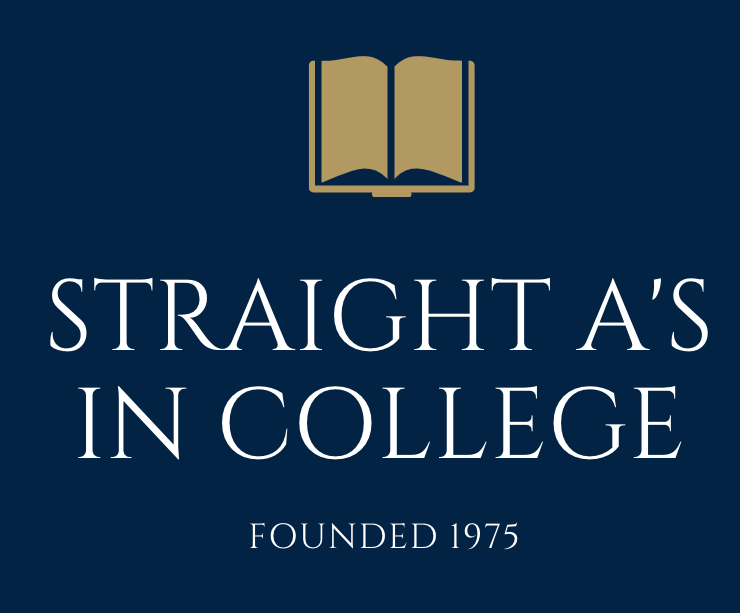Change your life’s trajectory for the price of a cup of coffee.
Excerpt from Chapter 1: Introduction.
Getting good grades in school may seem like a tiresome subject, especially after 12 years of listening to well-intentioned parents and teachers harangue you with the importance of it. In fact, it may be the last thing you want to hear about as you exert your independence as a young adult, given newly developing priorities that your parents may not entirely understand. These may include just hanging with friends, partying, saving money for a first set of wheels, growing your sexuality, pursuing a sports interest, or just finding some mindless income that does not require much responsibility. Or maybe you have come to just hate school, given the many admonishments you have suffered through or the mediocrity of your grades, regardless of how well-deserved they both may have been.
If any of this resonates, you may do well by taking some time off—spreading your wings with some extended travel or a year of work is a time-honored tradition. Consider it a gap year for you to review and define your own priorities, to find a distinction between what you want versus whatever others are wanting or expecting from you. Travel can help you appreciate how others in the world live (whether better or worse), while working at an entry level job can galvanize the value of education if that work is difficult or demeaning. Going forward in your life, you will need to find your own sense of direction, in order to pursue the life you want, and the one you believe you deserve. With maturity comes your recognition of your uniqueness, and thereby your desired purpose; from there you can start setting goals.
For many, these goals will mean getting good at something marketable, and that almost always involves some kind of training, schooling, or apprenticeship. And of course, the better you fare at any of these educational opportunities, the more likely you may reach the pinnacles of what you have chosen to pursue, which can often translate into a meaningful career. Alternatively, as you pursue what you think you want, you may find unexpected branch points in your education, allowing you to discover niches of interest that may never have occurred to you before. Either way, education presents a path to personal fulfillment that will hopefully align well with who you are, what you enjoy doing and want to be good at, and what you believe in. And the longer you stay in school, the more likely you will find what you are looking for. Having faith in this process is important–be assured that there are few better investments than education. And while doing well in college increases your likelihood of finishing it, there are even bigger rewards if you actually do your very best.
Have you ever had the courage to imagine what getting straight A’s in a semester at school would feel like? The sense of pride you might have? How proud your family members and friends would be of you? And can you imagine what it would for your self-esteem going forward? You would surely start believing in yourself even more than you already do, allowing you to take on more academic challenges.
And it doesn’t stop there. Most professional schools, (whether medical schools, law schools, engineering schools, physiotherapy schools, or business schools, and most postgraduate schools) all but demand consistently high grades as a basic requirement for admission, essentially to reassure them that you have what it takes to succeed in their respective programs (yes, they do want you to succeed–they are as invested in your success as you are). So if you are looking to both improve your personal efficacy while you meaningfully advance your education, committing to top marks is an absolute requirement.
I bet you have some negative self-talk already bubbling to the surface. “I have never gotten A’s in school ever, so it’s pretty clear that straight A’s, especially in college or university, is really for people a lot smarter than me.” Or, “Getting straight A’s is not a goal of mine. I have lots of opportunities to make money without being at the top of my class.” Or, “I never liked school. It was always too hard, and mostly irrelevant.” Or, “Post-secondary degrees don’t help you get a job, so why make the effort?” Or, “Reading esoteric titles from the past like this are a waste of time.”
Okay, I hear you. And yet, some of these statements deserve an attitude adjustment. This book will help that, but only if you care to read it. So that is why, in part, it is written to be readable and clearly instructive. And if you follow even a few of the principles outlined in this book, I guarantee that you will be a better and more successful student. All you really need is to let go of the approach to education that you had in high school, so that you can adopt the processes you need for long term success.
I should know. I was an average student in high school. I passed everything, with lots of C’s, and I only occasionally scored an A. By the time I graduated, it was a pretty clearly mediocre transcript by anyone’s account. Things did not change much in my first year of college either, when I had three Bs completely neutralized by a couple of Ds. When I transferred to a major Canadian university, my results were not much better, with a grade-point average of 2.25–mostly Cs. With grades like that, it would be hard to believe that I would be able to clean up my act enough to finish my last 3 years of university with an A- average, enough to get into medical school, where I even won an academic award while competing with some the brightest students of the day before graduating.
The result? A successful, 30+ year career in medicine, complete with tens of thousands of interesting and challenging clinical encounters, the feeling of having reached my full potential, the feeling of making a difference in both my community’s and people’s lives. And no less important, having a reliable income stream that provided the underpinnings of a successful life and family. Was my committed academic turnaround worth it? Do I have to answer that?
Now as a retired physician, I still love learning. I have returned to school to enjoy some college arts courses (for a science guy, this is completely different!). I am reapplying the same principles I had developed decades ago, and discovering that they still work, despite the new challenges of online learning in a COVID-19 world.
I have now been a student for 60 years, and I have repeatedly proven that I can be a successful learner–of just about anything I put my mind to. The principles in this book are not earth-shattering, but they are in one place, in an easy-to-read format that can meaningfully, even profoundly change the trajectory of your life–but only if you want it to. But given that you can buy this book for the price of a cup of coffee, it is hard to imagine that would be a dealbreaker either.
Ready to get started? Just keep turning the page. And don’t forget to send me a thank you note when your life begins to exceed your wildest expectations.

